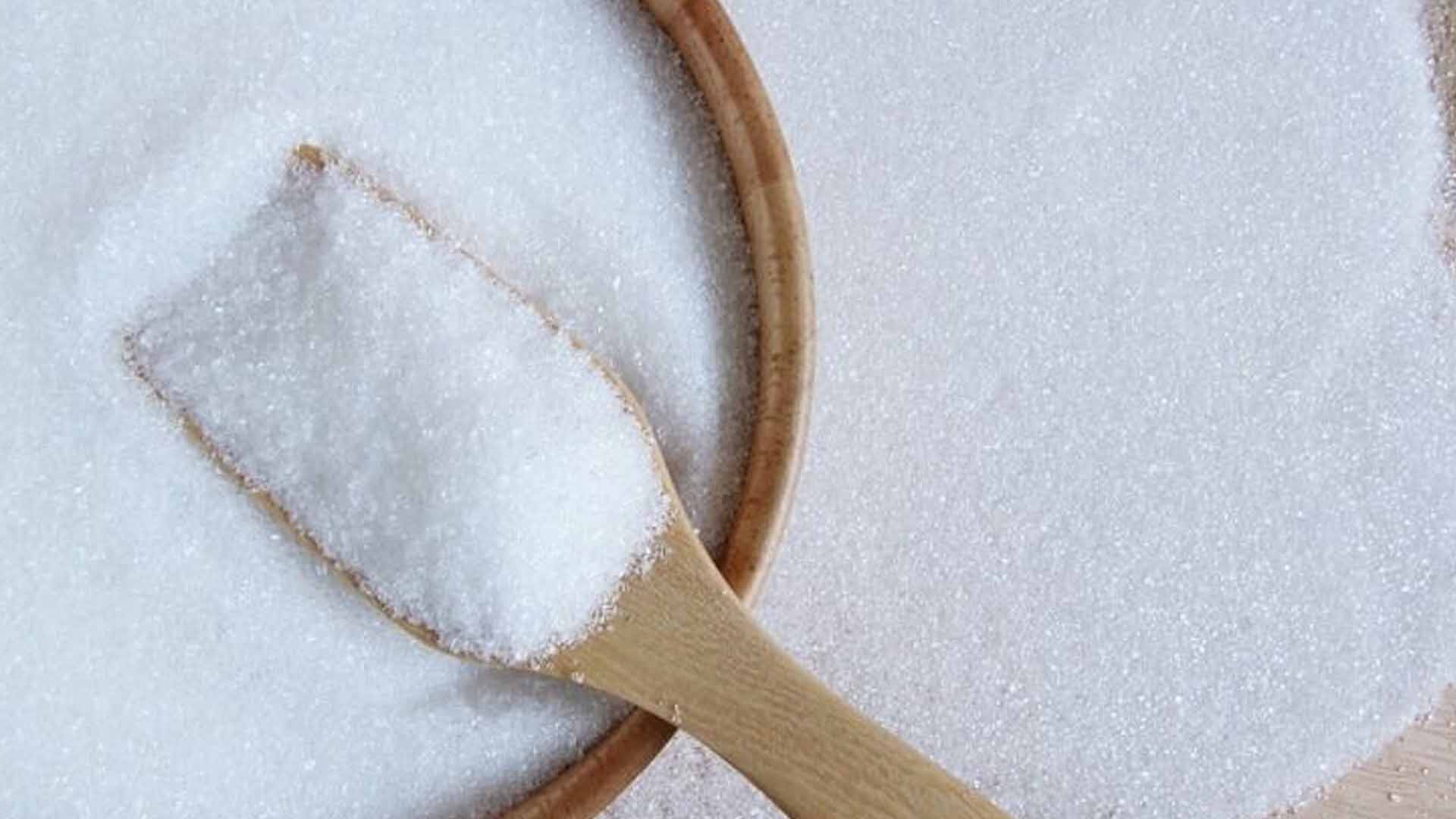Former government executives are pushing for the implementation of suggested retail price (SRP) on refined sugar in the market.
During the roundtable forum on Wednesday in Quezon City, former Sugar Regulatory Administration chief Rafael Coscolluela said that if the mill gate price of raw sugar is PHP1,500 per 50-kilogram bag, this should be sold less than PHP50 a kilo in retail or PHP46 to PHP47.
“If mill gate prices, for example, is PHP1,500, add about PHP800 to cover the distribution cost –that means from mill gate, pass on to trader, then to broker, repacker, and finally to the retailer. Add PHP1,500 plus PHP800, that’s PHP2,300, divided by 50, the price comes out to less than PHP50 per kilo retailed,” he said.
Coscolluela added retail prices in excess of PHP50 imply that somebody or a group of businessmen are making more money than the sugar producers.
Former Trade and Industry Undersecretary, lawyer Vic Dimagiba said SRP should be PHP46 a kilo at the current mill gate price of raw sugar of PHP1,500 per 50-kilogram bag.
Dimagiba said if the mill gate price of raw sugar goes down, the price of sugar in the retail market should also decline.
“Pag hindi bumaba, may nagmamaniobra sa (Once it does not decline, someone manipulates in the) distribution,” he added.
Dimagiba added that from the mill gate price, there is already price “unbonding” of sugar wherein only the mill gate price is moving while all taxes and everything that goes to processing, refining, distribution, and transportation are almost fixed cost and “passed on down the line”.
Meanwhile, Coscolluela believes that with the proposed trade liberalization, the sugar industry would be in “crisis” as it is not yet ready to face open competition in an uneven playing field.
He cited the Philippine sugar competing against Thailand’s sugar, which is heavily subsidized by its government.
“There is no way that the Philippine sugar industry can compete against subsidies,” he said.
Coscolluela thus underscored the need for the sugar industry to improve its productivity, which is the major challenge it is facing today.
“The industry is facing (an) increasing cost of production, competition from subsidized sugar, sugar substitutes like HFCS (high-fructose corn syrup), and from smuggled sugar. These are the realities that the industry is facing and it’s going to be a big challenge to be able to survive under these circumstances,” he said.
Over the last two months, around 250,000 MT of sugar was imported by registered traders.
Coscolluela said such imports have already caused a drop in domestic prices — more than PHP100 drop in mill gate prices of raw sugar.
“We’re beginning to see the effects of import liberalization and we expect domestic prices to go down. The sad thing is mill gate prices for sugar producers are beginning to go down but retail prices of sugar are remaining at unusual high levels,” he added.
Coscolluela said the “big challenge” for the government now is to find a balance on how to protect the interest of the different sectors so it could have a consistent policy environment that encourages agriculture, protects the consumer, and most importantly protects the farmer or laborer.
“If the given is we have to import anyway, what the industry is proposing is a ‘calibrated, well studied’ program of importation that considers the requirements of the industrial users as they consume about 50 percent of the total domestic market, and the end users,” he added.
Coscolluela said if sugar importation will be liberalized “without any consideration for domestic requirement, the cheaper imported sugar will cause the collapse of domestic prices and that will kill the sugar industry”. (PNA)







